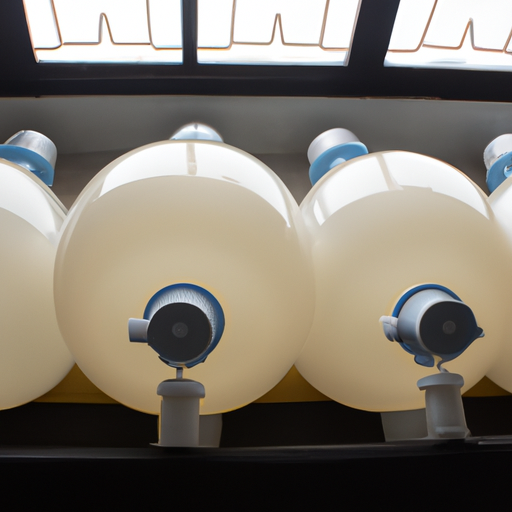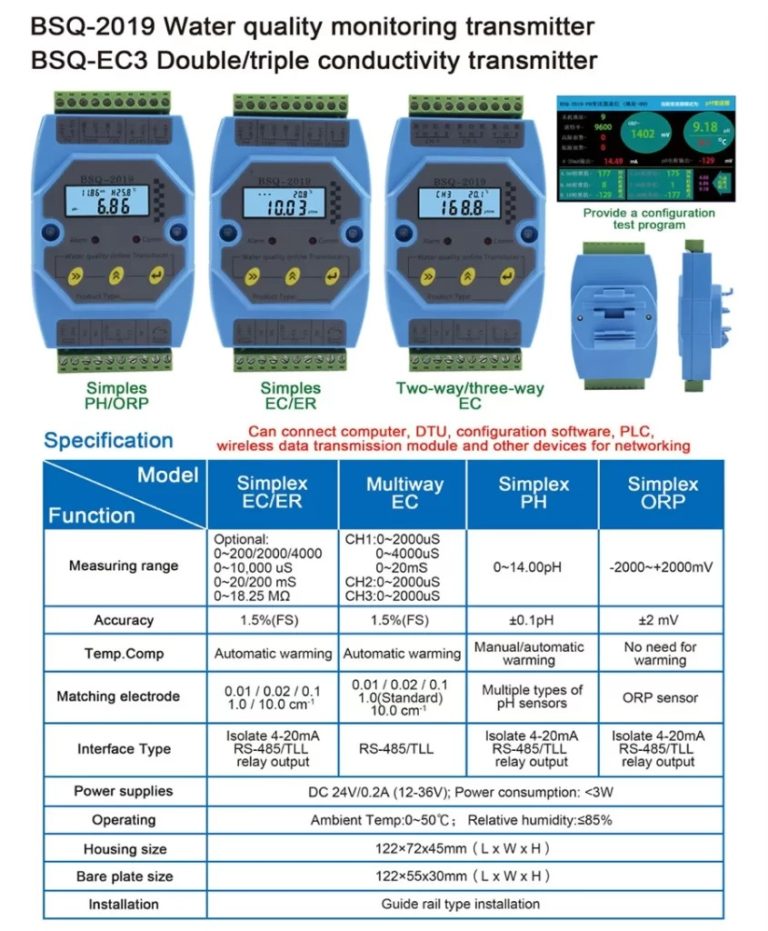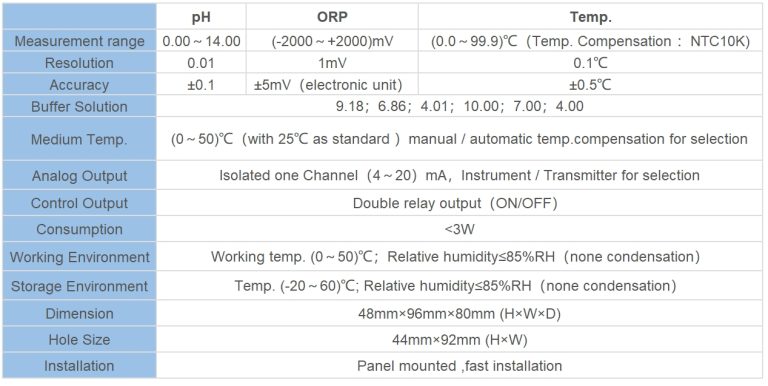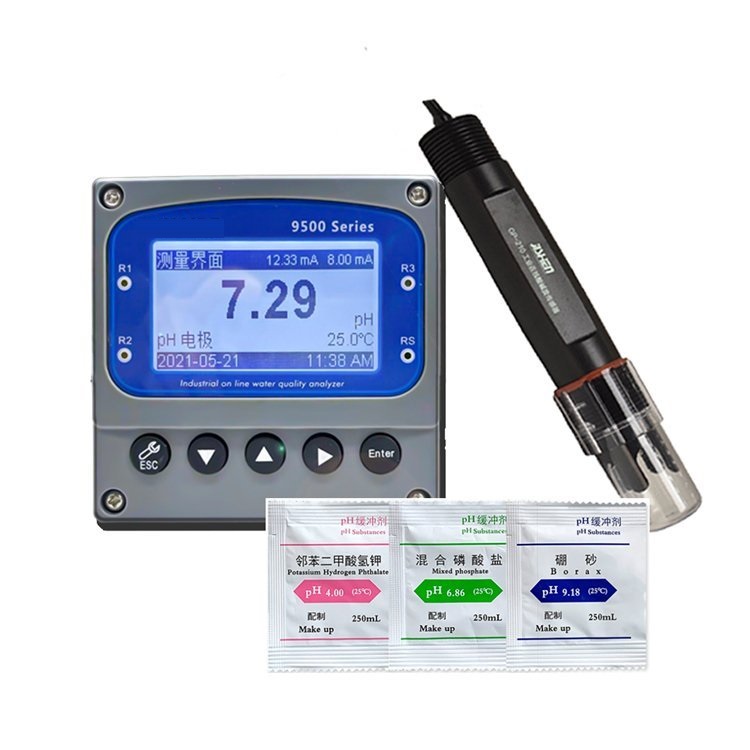“Pure, Refreshing Water: Eliminate Chlorine with a Water Softener”
The Effectiveness of Water Softeners in Removing Chlorine

Water softeners are commonly used to remove minerals such as calcium and magnesium from water, but can they also effectively remove chlorine? This question is often asked by individuals who are concerned about the presence of chlorine in their water supply. In this article, we will explore the effectiveness of water softeners in removing chlorine and provide you with the information you need to make an informed decision.
Chlorine is commonly added to municipal water supplies as a disinfectant to kill bacteria and other microorganisms. While it serves an important purpose in ensuring the safety of our drinking water, many people find the taste and smell of chlorine unpleasant. Additionally, some individuals may have sensitivities or allergies to chlorine, making its removal from the water supply a priority.
| Model: Automatic Softener Valve | ASE2 -LCD/LED | |
| Refilling type | refill before regeneration | refill after regeneration |
| Working Position | Service->Refill the softener water->Service->Back Wash->Upflow Brine and slow rinse->Fast rinse->Service | Service->Back Wash->Upflow Brine and slow rinse-> Fast rinse-> Refill the softener water->Service |
| Automatic type | Automatic type | |
| Meter Delay | Meter Delay | |
| Regeneration mode | Intelligent Meter Delay | Meter immediate |
| Timer by day : 0-99 days | Intelligent Meter Delay | |
| Timer by hours: 0-99 hours | Intelligent Meter Immediate | |
| Timer by day : 0-99 days | ||
| Timer by hours: 0-99 hours | ||
| Inlet | 1/2” 3/4” 1” | |
| Outlet | 1/2” 3/4” 1” | |
| Drain | 1/2” | |
| Base | 2-1/2” | |
| Riser pipe | 1.05” OD | |
| Water Capacity | 2m3/h | |
| Working Pressure | 0.15-0.6Mpa | |
| Working Temperature | 5-50°C | |
| Power Supply | AC100-240 / 50-60Hz / DC12V-1.5A | |
Water softeners work by using a process called ion exchange to remove minerals from water. They contain a tank filled with resin beads that are coated with sodium ions. As water flows through the tank, the calcium and magnesium ions in the water are attracted to the resin beads and are exchanged for sodium ions. This process effectively softens the water by reducing the concentration of minerals.
However, water softeners are not specifically designed to remove chlorine. While some chlorine may be removed during the ion exchange process, the effectiveness of water softeners in removing chlorine is limited. The resin beads in the water softener are not specifically designed to attract and remove chlorine ions, so only a small amount of chlorine may be removed.
To effectively remove chlorine from your water supply, it is recommended to use a separate filtration system specifically designed for this purpose. There are various types of chlorine filters available on the market, including activated carbon filters and reverse osmosis systems. These filters are designed to attract and remove chlorine ions from the water, resulting in a significant reduction in chlorine levels.
Activated carbon filters are particularly effective in removing chlorine. They work by adsorption, which is the process of attracting and holding molecules on the surface of the carbon. The activated carbon has a large surface area, allowing it to effectively remove chlorine and other impurities from the water. These filters are commonly used in point-of-use systems, such as faucet filters or shower filters.
Reverse osmosis systems are another option for removing chlorine from water. These systems use a semi-permeable membrane to remove impurities, including chlorine, from the water. The water is forced through the membrane, leaving behind contaminants and producing clean, chlorine-free water. Reverse osmosis systems are typically installed at the point of entry, treating all the water that enters your home.

In conclusion, while water softeners are effective in removing minerals from water, their ability to remove chlorine is limited. If you are concerned about the presence of chlorine in your water supply, it is recommended to use a separate filtration system specifically designed for chlorine removal. Activated carbon filters and reverse osmosis systems are both effective options for reducing chlorine levels in your water, resulting in a cleaner and more pleasant-tasting water supply.




